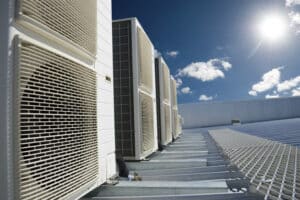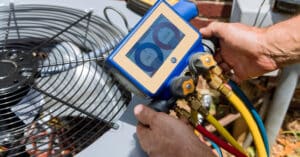
What to Consider When Choosing to Replace Your HVAC Unit
Your HVAC systems come with an average lifespan of generally 10-15 years. Continuing to run them beyond that limit can mean higher utility costs and occasional breakdown and costly repairs. Yes, we understand that HVAC replacement can be costly, but it can also save you money in the long-run. When Should You Replace Your HVAC? If you are not too sure about whether it is really time for a replacement, you can always ask for a specialists’ advice from an HVAC professional like us. Sometimes, a repair may get you above the water and make your system run smoothly for another couple years. At other times, however, a repair will only add up to the expense while only delaying the inevitable, not to mention the massive utility bills you will need in the meantime. So, when is the time you should go for a replacement? As we said, an HVAC professional will be able to advise you on this. There are, however, some pointers which will convey to you the need to go for a brand new system. So, when you see that your unit is leaking fluid regularly; is making unexpected noises on a frequent basis; is making your






